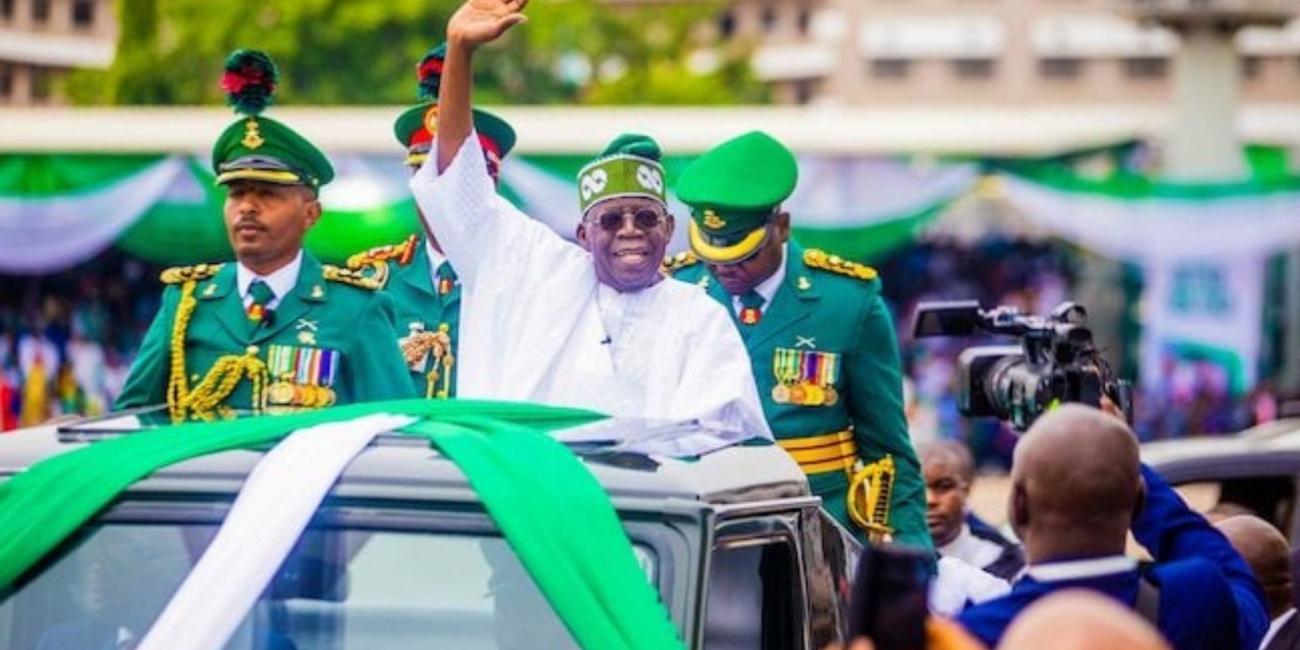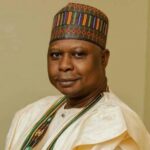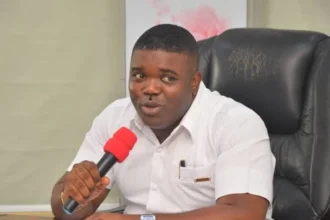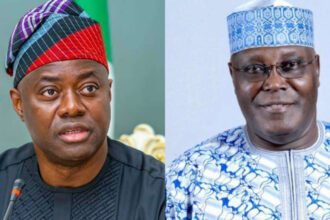
Nigeria’s Defence Intelligence Agency (DIA) has detained at least sixteen senior military officers, including a Brigadier-General, over an alleged plot to overthrow the administration of President Bola Ahmed Tinubu, authoritative sources have confirmed.
The arrests, carried out discreetly over the past several days, have sent shockwaves through the Armed Forces and political circles, reviving memories of Nigeria’s checkered history of military coups. While the military’s official statement described the detentions as disciplinary action linked to “indiscipline and perceived career stagnation,” multiple insider sources have revealed that the true reason was an alleged coup attempt.
Earlier in the week, the Director of Defence Information, Brigadier-General Tukur Gusau, issued a brief statement confirming that sixteen officers had been taken into custody for what he termed “issues of indiscipline and breach of service regulations.”
“The Armed Forces of Nigeria wishes to inform the public that a routine military exercise has resulted in the arrest of sixteen officers over issues of indiscipline and breach of service regulations,” the statement read.
According to the military spokesperson, preliminary investigations indicated that the officers’ grievances stemmed from “perceived career stagnation caused by repeated failure in promotion examinations, among other issues.”
He added that some of the detained personnel had pending disciplinary cases, describing their conduct as “incompatible with the standards of military service.”
However, the explanation did little to quell speculation, as several military insiders have since disclosed that the detentions were linked to a foiled plot to topple the civilian government.
A senior official within the Defence Intelligence Agency, speaking under anonymity, confirmed to SaharaReporters that the suspects, led by a Brigadier-General, had been secretly holding meetings with plans to “take over government from selfish politicians.”
According to the official, the DIA, working in collaboration with sister intelligence agencies, intercepted communications and obtained credible evidence of a coordinated plan to unseat the Tinubu administration.
“The 16 officers were planning a coup,” the source revealed. “The military authorities were just being diplomatic in the statement they released. These officers had begun holding secret meetings, recruiting support from different formations, and discussing how to overthrow the President and some senior government officials.”
He disclosed that the suspects, ranging from the ranks of Captain to Brigadier-General, were apprehended from various locations across the country and are currently being held in detention at the Defence Intelligence Agency headquarters in Abuja.
“Their main objective was to overthrow President Tinubu and announce a military government,” the source added.
Another top source within the security establishment told reporters that the October 1 Independence Day parade, which was unexpectedly cancelled by the Presidency, was scrapped as part of preventive security measures following the intelligence report on the alleged coup plot.
“Yes, they were arrested for planning to stage a coup and take over government,” the source said. “That was the main reason why the Independence Day parade scheduled to hold on October 1, as part of activities marking Nigeria’s 65th Independence Anniversary, was cancelled.”
According to him, intelligence reports indicated that the alleged conspirators intended to execute their plan during the ceremonial parade in Abuja. “The plan was to shoot at the President and other top politicians during the event,” he disclosed. “Following the security briefing, the National Security Adviser and the service chiefs advised the government to cancel the parade to avert the potential threat.”
He added that the public statement issued by the Defence Headquarters was carefully worded “to douse tension and avoid panic among the civilian population.”
Since gaining independence in 1960, Nigeria has witnessed five successful military coups and several abortive attempts. The country’s last military coup occurred in 1993, when General Sani Abacha seized power following the annulment of the June 12 presidential election.
The most recent coup attempts in Nigeria have been swiftly crushed, thanks to tighter surveillance and reforms within the security and intelligence architecture. However, this latest development underscores the persistent challenges of military loyalty, professionalism, and morale in Africa’s most populous nation.
Observers note that the alleged coup plot also reflects deeper discontent within the ranks over poor welfare, stalled promotions, and perceived politicisation of military appointments.
Recent reports have indicated growing dissatisfaction among officers and soldiers over alleged corruption within the defence establishment, poor logistics, and the slow pace of promotion. Several personnel have accused senior officials of diverting funds meant for military operations and welfare.
Analysts warn that unchecked frustration among middle-ranking officers could fuel instability, particularly amid ongoing economic challenges and security crises across the country.
A defence analyst who spoke anonymously said, “When you combine poor welfare, opaque promotions, and political interference, you create fertile ground for discontent in the military. While a coup may seem unthinkable in today’s Nigeria, complacency would be dangerous.”
As of press time, the Defence Headquarters has not issued any further clarification or released the names of the detained officers. The Presidency and the Office of the National Security Adviser have also remained silent on the matter.
However, sources suggest that the Department of State Services (DSS) and the National Intelligence Agency (NIA) have joined the ongoing investigation to verify the extent of the alleged plot and identify possible civilian collaborators.
Meanwhile, the military high command is said to be taking extra precautions by reviewing personnel deployments and monitoring communication channels across major divisions.
While coup rumours have periodically surfaced in Nigeria’s political landscape, this latest incident underscores the fragility of civil-military relations and the urgent need for reform within the armed forces.
For now, the detained officers remain in custody at the Defence Intelligence facility in Abuja, as the nation awaits official clarification on what could be one of Nigeria’s most serious internal security breaches in recent years.






